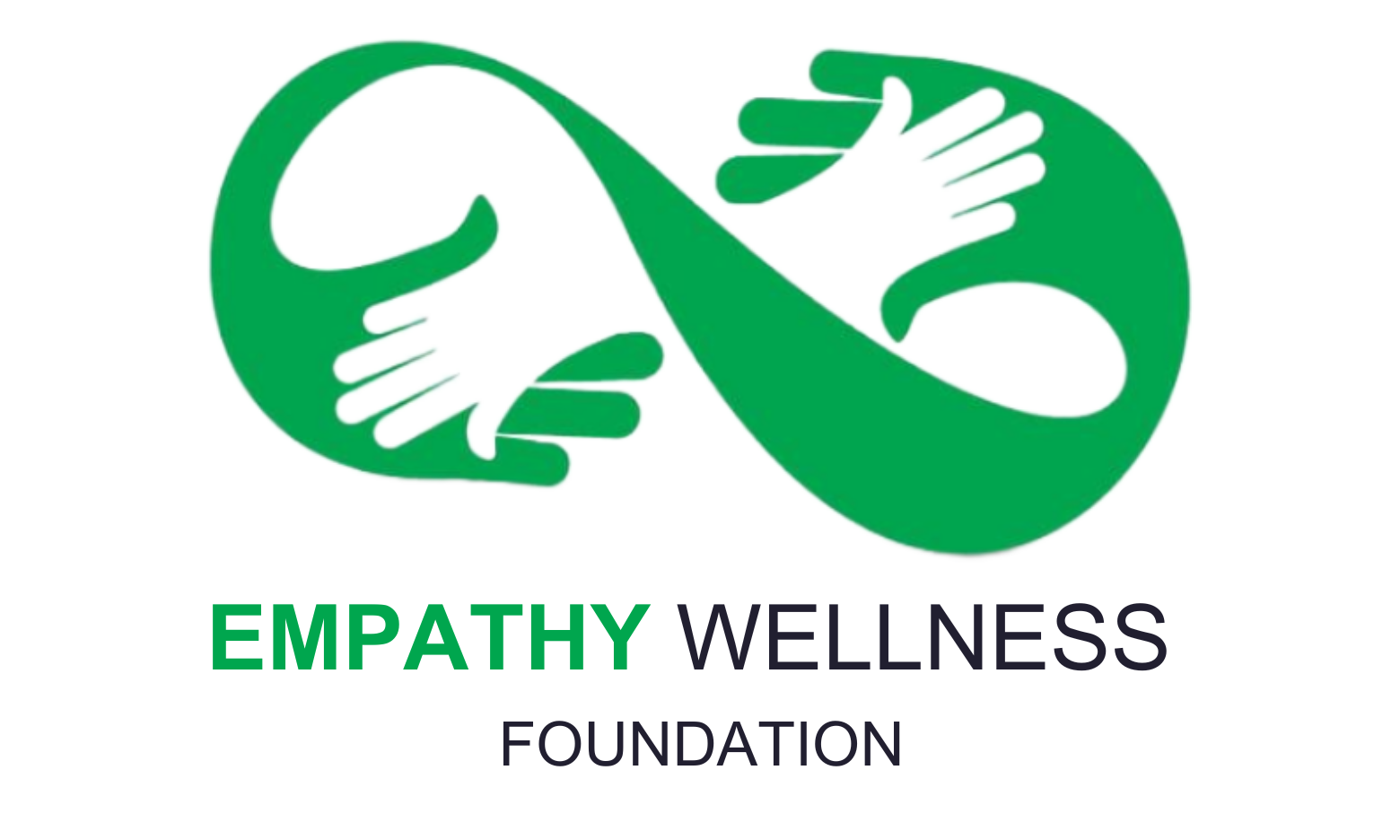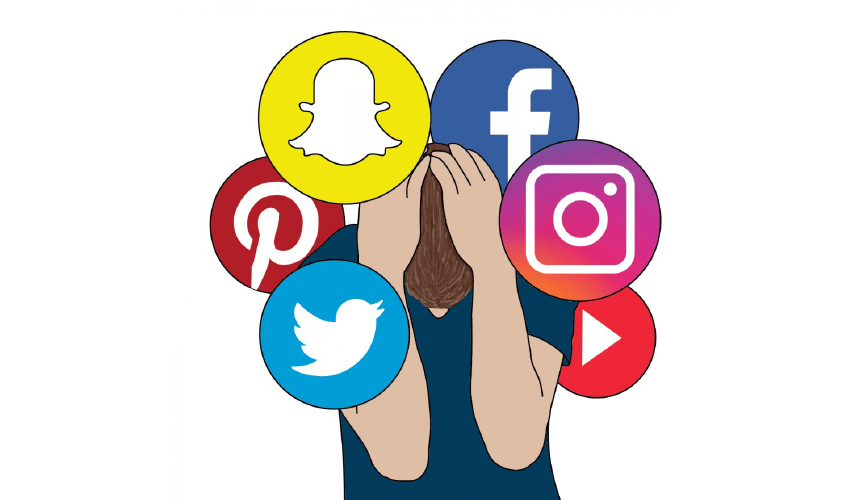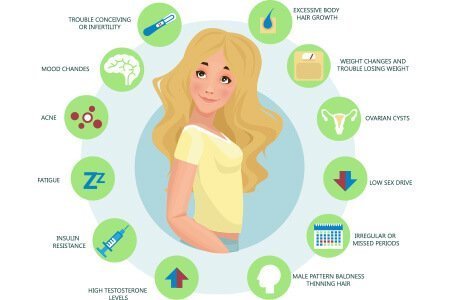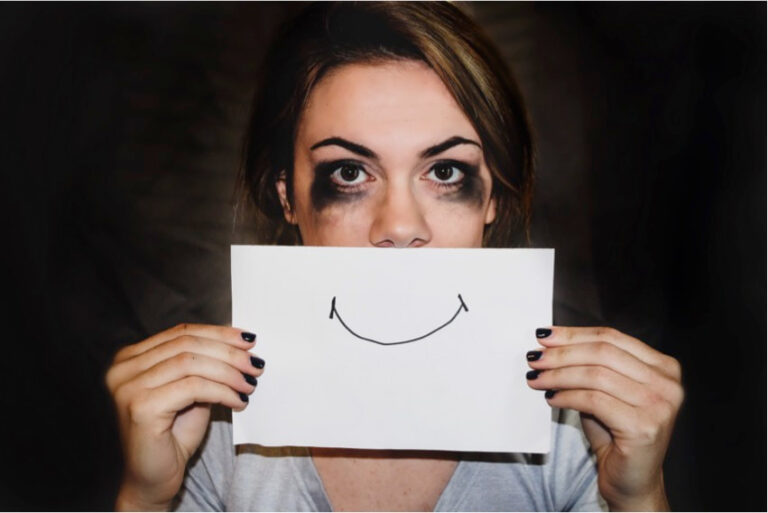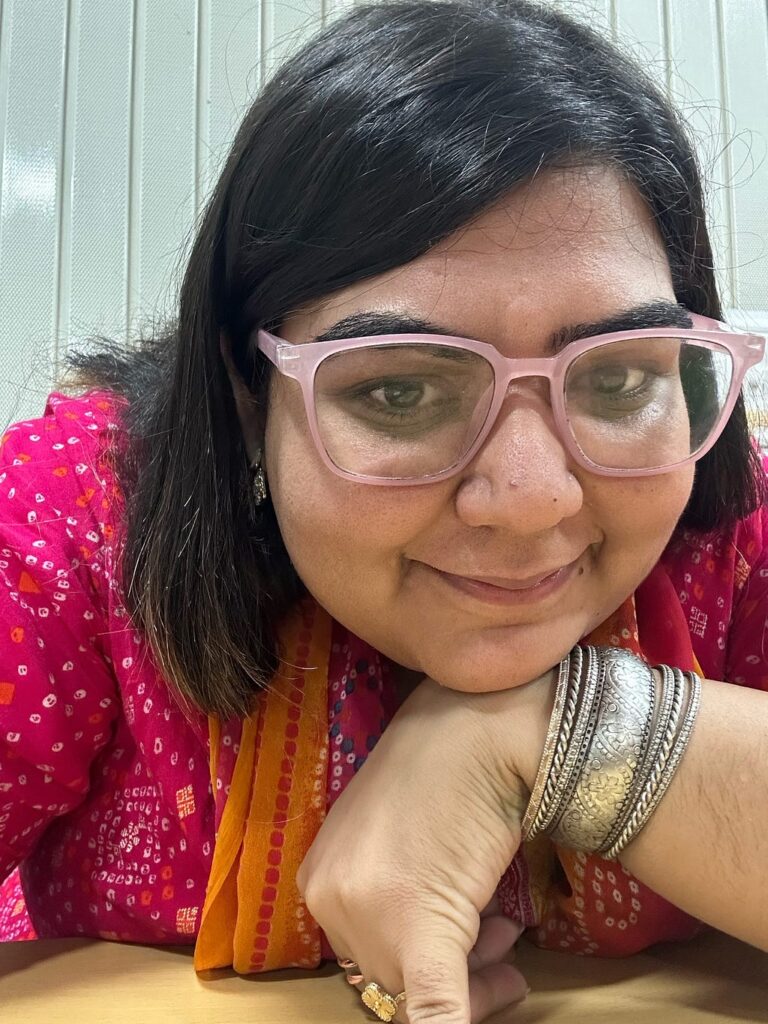Social Media and Mental Health: Escaping the Comparison Trap
It’s a typical evening: you scroll through your Instagram feed, tapping through carefully curated photos of vacations, perfectly designed homes, and fitness goals. Then, you find yourself asking, “Why don’t I have that?” or “Why can’t I look like that?”
In a world dominated by social media, comparison has become an inevitable part of our daily lives. But what we don’t often realize is how harmful this comparison game can be, especially when it comes to our mental health.
The Illusion of Perfection
Social media has created a culture where everything is polished and perfected. People share their highlights: the best moments, the greatest achievements, and the most glamorous aspects of their lives. But behind every post, there is a story that’s often incomplete—or flat-out misleading.
It’s easy to think everyone else has it all together, that their life is easier, or that they are more successful, attractive, or happy. What we fail to see are the struggles, the behind-the-scenes moments, or the times when things didn’t go as planned.
This illusion of perfection is dangerous because it creates an unrealistic standard we constantly try to measure up to. It also fuels the misconception that happiness is something you can achieve through external validation, likes, and followers.
How Comparison Affects Mental Health
The problem with constantly comparing ourselves to others on social media is that it affects our mental and emotional well-being in numerous ways:
- Low Self-Esteem: Seeing others seemingly living perfect lives can leave us feeling like we’re not good enough. We might feel inadequate or not measure up, leading to a drop in self-worth.
- Anxiety and Depression: The pressure to live up to social media’s idealized standards can lead to feelings of anxiety, depression, and stress. As we strive to maintain a flawless online image, it becomes harder to manage the real, messy aspects of life.
- FOMO (Fear of Missing Out): The constant stream of people traveling, partying, or achieving can create a sense of missing out. We wonder why our own lives don’t look as exciting or fulfilling.
- Body Image Issues: Social media has a huge impact on body image, as filtered and edited images of beauty standards dominate our feeds. This can lead to dissatisfaction with our appearance, unhealthy comparisons, and an increased focus on our physical appearance.
In short, the comparison trap created by social media has the potential to rob us of our joy, self-confidence, and sense of purpose.
Breaking Free from the Comparison Trap
If you find yourself feeling down after scrolling through your social media feeds, it’s time to hit the reset button. Here are some strategies to help you break free from the comparison trap:
- Be Mindful of What You Follow: One of the first steps in reducing negative feelings about social media is carefully curating your feed. Follow accounts that inspire you, that make you feel good about yourself, and that promote positivity and authenticity. If an account makes you feel bad about yourself, consider unfollowing it.
- Limit Your Social Media Time: Spending hours scrolling through your feed can increase feelings of anxiety and depression. Setting time limits for social media use can help you create healthy boundaries and prevent social media from dominating your day.
- Practice Gratitude: Instead of comparing yourself to others, focus on your own achievements and growth. Reflect on what you’ve accomplished and practice gratitude for the things you have. Gratitude has been shown to improve mood, increase satisfaction, and shift your focus away from what you don’t have.
- Recognize the Filter Effect: Remind yourself that social media is a highlight reel, not reality. People often share the best parts of their lives, while leaving out the struggles, imperfections, and mundane moments. What’s portrayed online is a curated version of reality, not the full picture.
- Take Breaks When Needed: If social media becomes overwhelming, it’s okay to step away for a while. Take a day, a week, or longer to disconnect. This will allow you to reset, recalibrate, and focus on real-life connections and experiences.
The Power of Authenticity
As we strive to escape the comparison trap, one of the best things we can do is embrace authenticity. Social media can be a beautiful tool for connection, but only when we use it to share our real selves—not the idealized versions we think others want to see.
By choosing to be authentic—sharing both the highs and lows of life, embracing vulnerability, and celebrating individuality—we can create a more inclusive and supportive online space. And in turn, this will have a positive impact on our own mental health and well-being.
